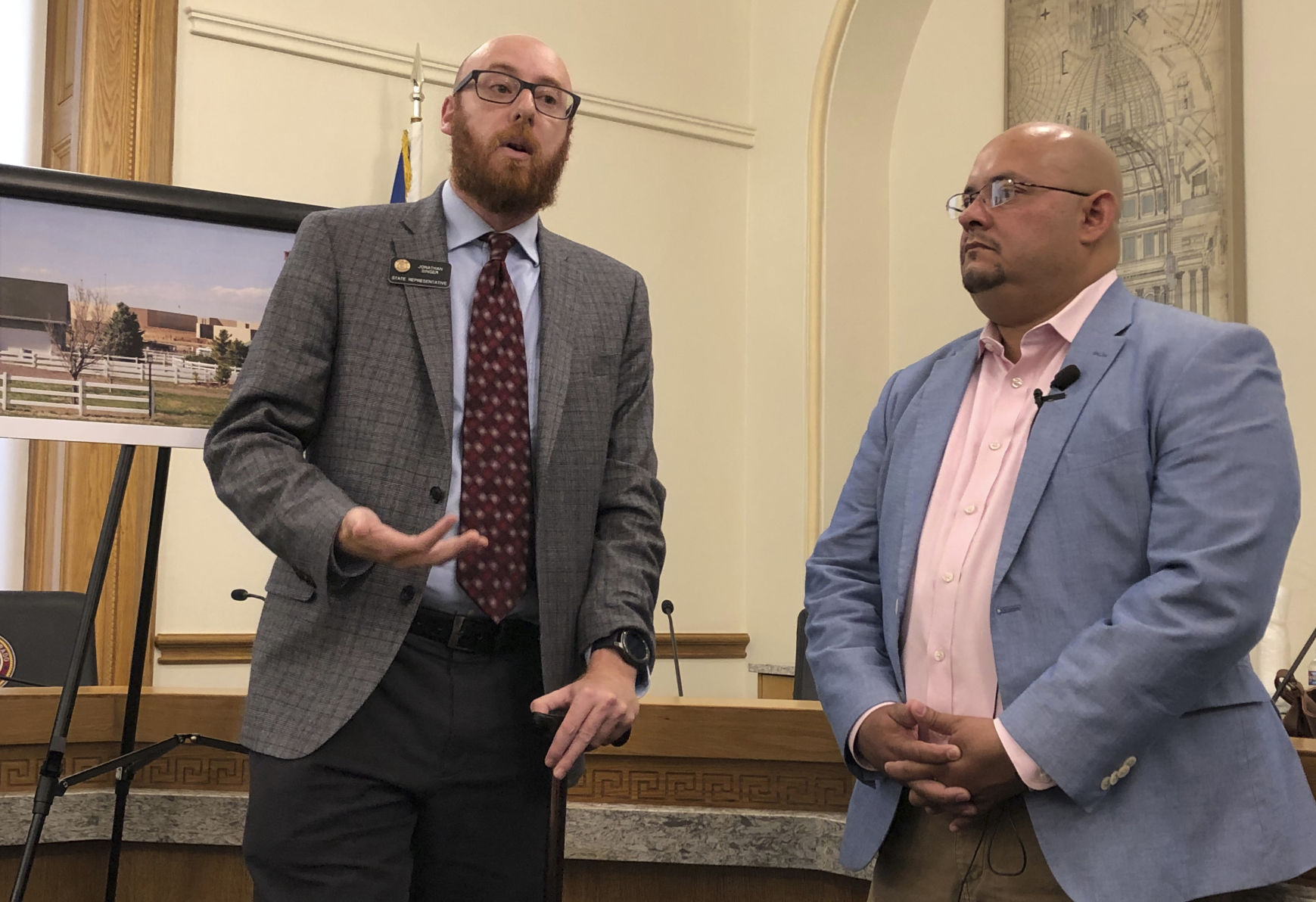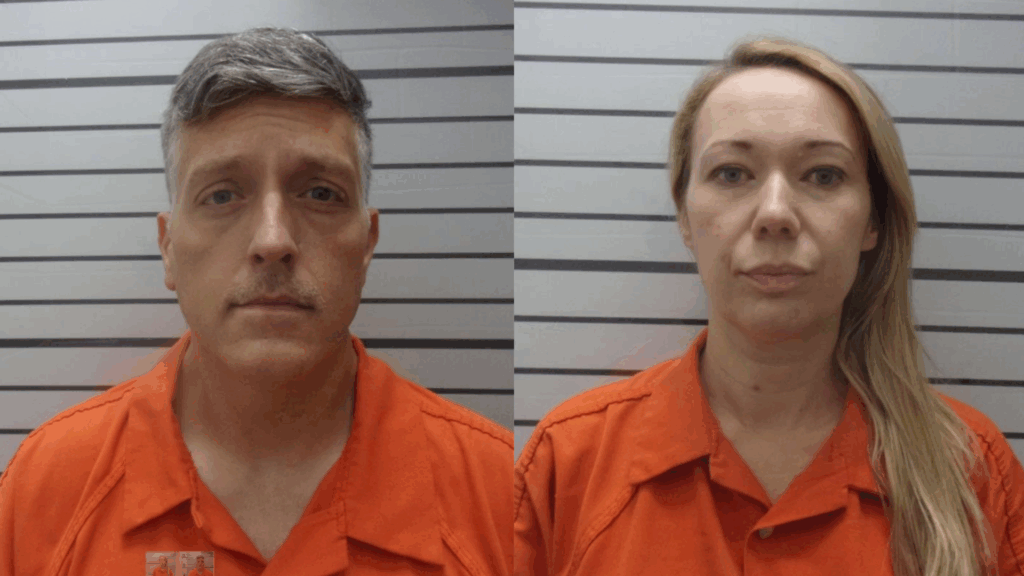Public Trust Institute targets former state Rep. Joe Salazar with ethics complaint

The Public Trust Institute has filed a complaint with the state’s Independent Ethics Commission, alleging that former state Rep. Joe Salazar, D-Thornton, violated the state’s two-year timeout on lobbying activities.
The complaint was filed Wednesday by new executive director Suzanne Staiert, formerly deputy secretary of state under Wayne Williams and now a Republican candidate in state Senate District 27.
The complaint claims Salazar conducted lobbying activities less than two months after he left the General Assembly. Salazar served three terms representing House District 31, choosing to run for Attorney General in 2018 instead of trying for a fourth term. He now runs Colorado Rising, an environmental action group.
Among Amendment 41 provisions is one that bars former state lawmakers from lobbying for two years after they leave elected office. The term “lobbying” is defined in state law as “communicating directly, or soliciting others to communicate, with a covered official for the purpose of aiding in or influencing” the consideration of any bill pending in the Colorado General Assembly.
According to the complaint, Salazar was paid to lobby by Colorado Rising, although the complaint doesn’t provide any evidence to back up that claim. Salazar is not registered as a lobbyist and Colorado Rising does not employ anyone as a lobbyist, the complaint said.
The day after his term ended, the complaint continued, Salazar announced Colorado Rising’s intent to “directly influence state legislation and policy,” stating “The Governor’s Office doesn’t belong to one individual no matter how much he paid for it. It doesn’t belong to him. It belongs to the people of the state of Colorado. And Colorado Rising is here to give them that reminder on a daily basis if we need to.”
On March 4, 2019, Salazar engaged in direct lobbying, the complaint claimed, in a press conference at the state Capitol; that lobbying was in the form of asking people to “contact specifically named state legislators to influence the passage of Senate Bill 19-181.”
The press conference, which was covered by Colorado Politics, was held in a House committee room.
Salazar held another press conference on Aug. 14 in a House hearing room to announce “new legal actions that the group has taken in response to the passing of SB-181.” The complaint noted that committee rooms “can only be reserved by current members” of the legislature. The committee room in question was reserved by Rep. Jonathan Singer, D-Longmont, the complaint said. “It appears that not only did Mr. Salazar engage in lobbying, but he coordinated his lobby efforts with Representative Singer, using public facilities available only to current members of the General Assembly.”
A third allegation is that Salazar lobbied members of the General Assembly in August regarding immigration legislation.
Salazar said he hasn’t seen the ethics complaint yet so he could not comment on it.
One interesting aspect to this complaint: there’s never been an ethics complaint publicly disclosed on lobbying that violates Amendment 41 in the commission’s history. And Amendment 41 has no specific provision for a penalty for a lobbying complaint.
Colorado Politics Must-Reads:













